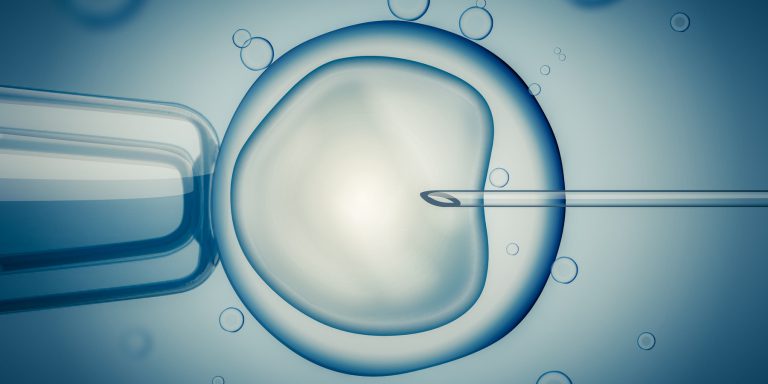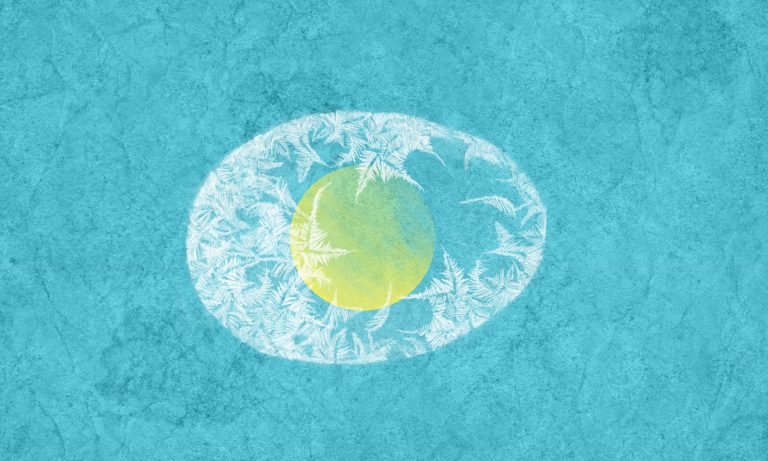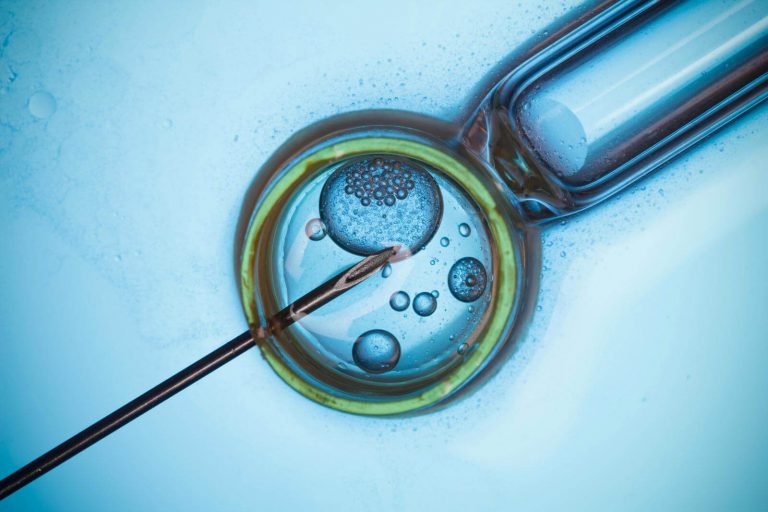Sperm Freezing and Fertility

Medically Reviewed by Dr. Kevin J Campbell, MD, a fellow in Male Reproductive Medicine and Surgery at Bayor College of Medicine in Houston, TX, with Dr. Larry Lipshutlz.
The most common reason for freezing sperm is to preserve fertility ahead of a medical procedure, such as cancer treatment or a vasectomy, which can impact men’s ability to conceive naturally. More recently, there is also a growing appreciation for the link between male age and sperm health, so men who plan to have kids after 40 may consider freezing their sperm as well.
What is Sperm Freezing?
Sperm freezing, or cryopreservation, involves storing healthy sperm at very low temperatures to be retrieved at a later date. Sperm can be stored for many years, and there have even been cases where sperm frozen for over 20 years have been revived and used successfully.
The first successful pregnancy that came from frozen sperm was in 1953. The process has been performed regularly for over 40 years and is generally considered safe.
Why Freeze Sperm?
1. Cancer Therapies. One of the most practical reasons for freezing sperm is prior to treatment for cancer. If a man is diagnosed with cancer and believes he may desire biological children in his future, then freezing sperm can help him preserve his fertility in case radiation or chemotherapy used during treatment irreparably damages his sperm production.
2. Surgery on Testicles or Prostate. Anytime surgery is performed, where there is a risk that sperm production or delivery could be impacted, it may be wise to freeze sperm. In the event that surgery caused obstructive azoospermia, it would require further surgery to repair the damage or extract sperm. Freezing a sperm sample ahead of time may be more cost effective.
3. Sperm Freezing Before Vasectomy. It may seem counter intuitive to preserve your fertility ahead of surgery specifically intended to keep you from getting your partner pregnant, but some men getting a vasectomy will choose to freeze sperm in case they change their mind in the future. There is surgery to reverse a vasectomy, but it is not always effective.
4. Exposure to High-Risk Environments. Any profession or activity that has an increased risk of damage to the testicles could lead to higher instances of infertility. This includes professions like military service, firefighting, athletes, x-ray technicians, etc.
5. Individuals Undergoing a Male to Female Transition. Male to female transgender individuals may desire to preserve sperm before using hormones or undergoing a surgical transition.
6. Advanced Paternal Age. Sperm freezing may be used by young men who do not plan on having children for many years. This is a common reason for women to freeze their eggs, and there is a growing body of research showing that men also see an age related decline in their fertility.
How Does Age Effect Male Fertility?
On average, people today are choosing to get married and have kids much later in life than they used to. Whether age-related or not, some 15% of couples experience infertility, and about half of those are related to sperm fitness.
Starting around age 40, a man’s sperm quality will begin to decrease due to a variety of natural and lifestyle factors, thereby decreasing his chances of conceiving.
Additionally, older men have an increased risk for gene mutations in their sperm which are associated with conditions such as down syndrome, autism, and bipolar disorder. This increased risk is small, but men may still find peace of mind in freezing their younger sperm for later use.
How Much Does Freezing Sperm Cost?
The cost of analysis and freezing sperm is typically about $350-$500 per specimen. This will all depend on the testing, consultation, and annual storage fees. Costs, procedure details and storage agreements will vary based on facility and location. Costs may also depend on whether you go into a lab or use a service that allows at-home sperm collection, with the ability to mail in the sample.






